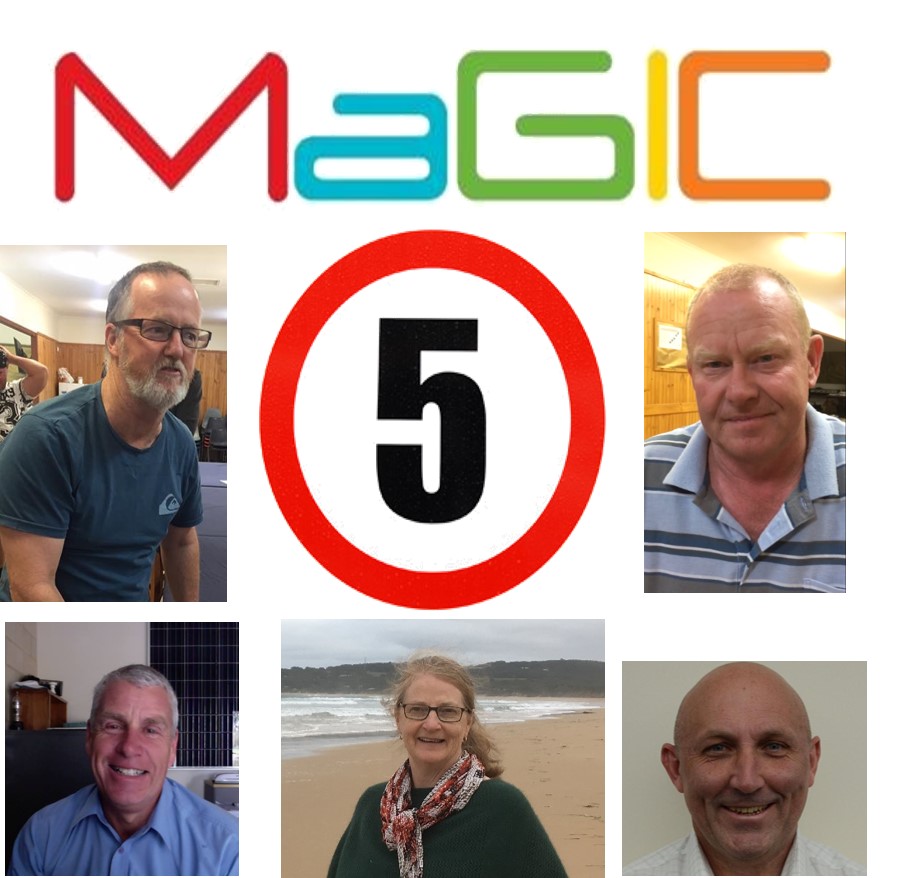Neil Stott – White Ribbon Ambassador and Chair of Victorian White Ribbon Committee
For the past 20 to 30 years (and probably longer) there has been an unwritten rule in modern society that the general public don’t really care about what people (men) do in their private lives as long as they are good at their job. We saw this with the President Clinton Monica Lewisky scandal in which even after all of the sleaze, lies and deception he was still rated as a “good” President. We saw this repeated with the surprise election of President Trump. Despite numerous allegations of inappropriate actions (read sexual assault) towards women, tapes of him boasting of his sexual exploits and desires, the American people still elected him.
Yet, in the space of a few months, the Harvey Weinstein scandal, led to the #metoo campaign which led to a massive flurry of scandal exposed resignations of U.S. Senators and Representatives and finally with the shock defeat of another scandal laden candidate, Roy Moore in Alabama. And here in Australia, sex scandals have engulfed the AFL HQ with more high profile resignations.
Suddenly, character matters.
But why hasn’t it always been that way? As a White Ribbon Ambassador working in the North East Victoria, I speak to numerous community groups, mixed groups of men and women, school children, sporting clubs and some mostly men only groups. The challenge I often bring to the men is about the Dichotomy of Men’s Brains. This is the very real and evident concept that men have the capacity to compartmentalise their lives. Work and Home. Home and Community. Work and Sport and so on. An example of this is when a long term relationship (possibly over 20 to 25 years) is exposed to be full of violence and acts of power and control by the man toward their wife / partner. The woman, finally after all of this time of living with this abuse (and fear) has had the courage to come out and report the years of abuse and suddenly it is all out in the open. The reaction from people at the man’s work/community/sporting club is this “But he was such a good man!” The man was quite capable of being the model citizen in all parts of his “visible” and public life, yet at home was abusive to his wife/partner and children.
That is why the White Ribbon campaign is so unique and so important. Good men in the world need to standup, speak out and act to not just support victims and their families but have the courage to call out and challenge the men that they know continue to live this “lie”. The #metoo campaign equally applies to men of courage and conviction who declare enough is enough. Go to the White Ribbon website: www.whiteribbon.org.au and get the fact sheets. Do the online learning package. Sign up to be a Supporter or go the extra mile and start the journey to become a White Ribbon Ambassador. But the time of male inaction is over! The only thing necessary for the triumph of evil is that good men do nothing
Neil Stott – White Ribbon Ambassador and Chair of Victorian White Ribbon Committee
Like this:
Like Loading...

